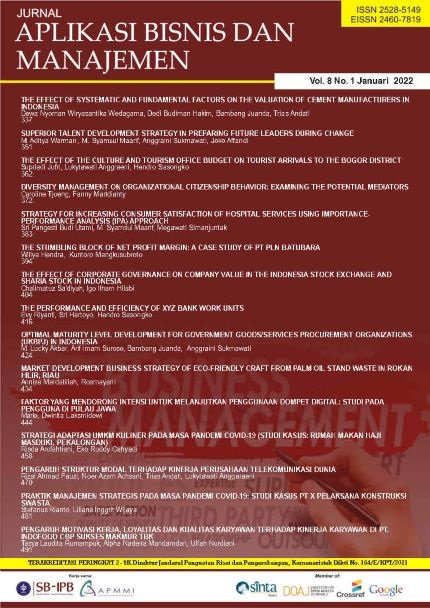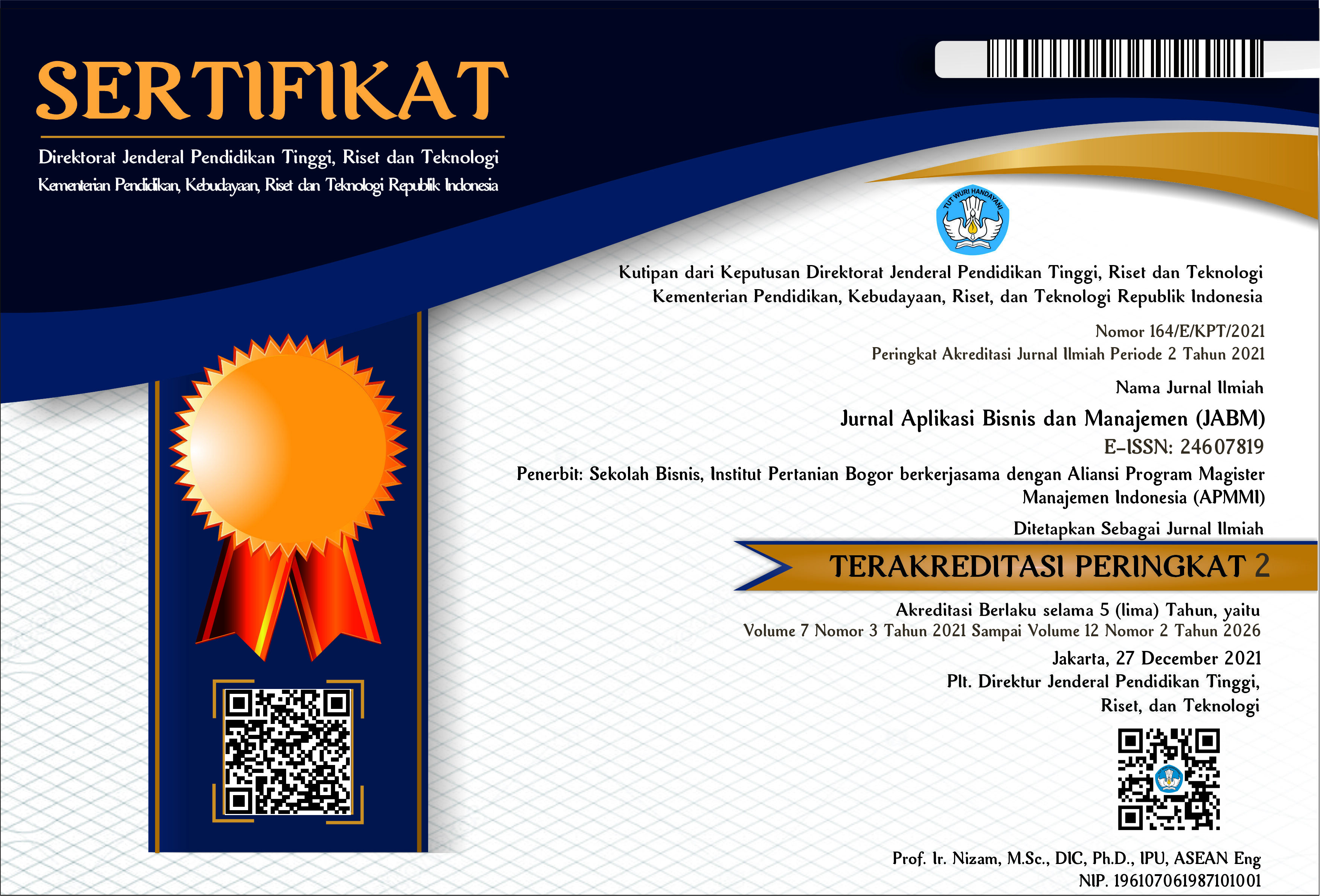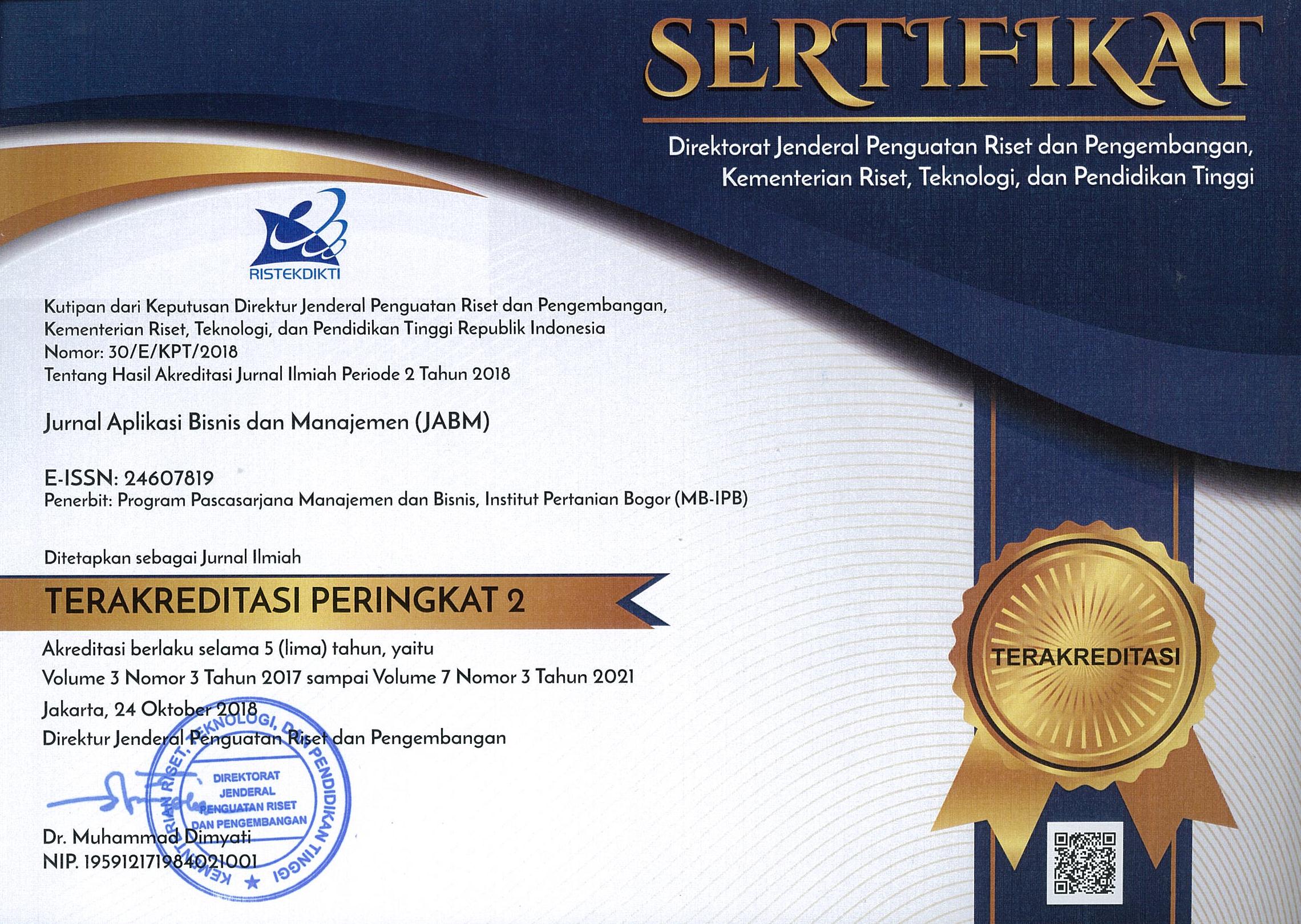Isu Kritis Dalam Pelayanan Persalinan Sesar: Analisis ISI
Abstract
The increase in an unnecessary caesarean section can endanger the mother, baby and also threaten the sustainability of the financing of the National Health Insurance (NHI) program. This study aims to identify critical issues surrounding managing consumer intentions to perform unnecessary caesarean sections and identify the role of stakeholders. Data collection was carried out through Focus Groups Discussion (FGD) with 14 experts and In-Depth Interviews (IDI) with 6 postpartum women. We transcribed interviews during the FGD and IDI into an interview text. The method of content analysis was carried out on the interview text. This study highlights the importance of managing the intention of the caesarean section in participants of the NHI and the importance of the three stakeholders, namely the role of the Ministry of Health, the role of BPJS Kesehatan, and the role of professional organizations. In particular, it is necessary to increase the role of doctors, midwives, and health workers through professional organizations together with the Ministry of Health and BPJS Health in managing the intention of caesarean section to educate pregnant women, especially primigravida women. In addition, the Ministry of Health needs to immediately establish guidelines for caesarean section services for medical indications, which are value for money guaranteed in the JKN program.
Keywords: content analysis, intention, National Health Insurance, unnecessary caesarean section, value for money








